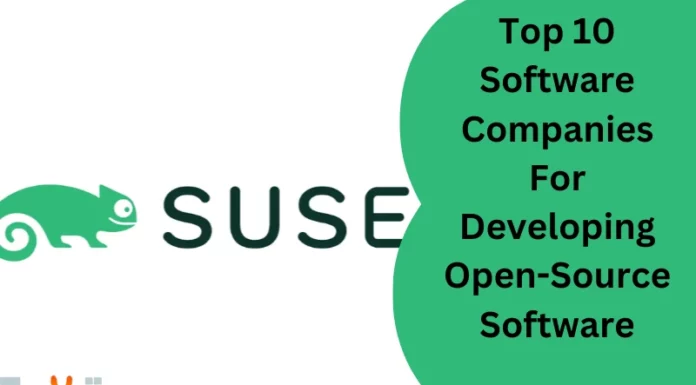Using biochip and nanoparticle delivery technologies, comprehensive separated and automated manufacturing may be established. Many researchers and development teams have been driven to develop affordable and practical techniques for developing drugs as a result of the rapid expansion of the usage of biochips in all areas of life science, including drug development. For more than 8,000 uncommon disorders, there were more than 700 medicines under development. Before being cleared for clinical trials, many medications are tested using biochips. The following are a few of the top firms active in the worldwide biochip manufacturing market:
1. Nidus Biosciences
In the past ten years, several biotechnology firms have concentrated on creating biochips, tiny laboratories capable of carrying out numerous biological operations concurrently. Researchers and startup biotech businesses can study, discover, and modify biological processes using biochips to find and develop new medications. One such use for biochips is antibody discovery solutions.
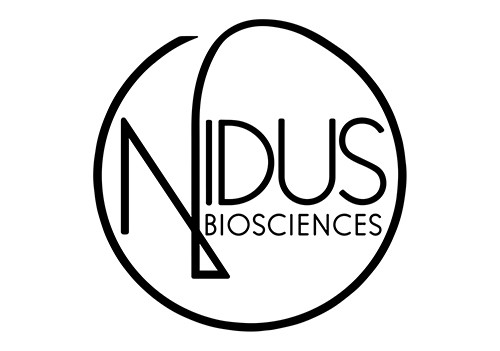
2. Nutcracker Therapeutics
Different RNAs manage different roles in biological systems, carrying instructions for protein synthesis, gene expression and regulation, and assisting in chemical reactions. Biochips that imitate these capabilities have been created by a new generation of biotech and pharmaceutical businesses. Using this technology, researchers can find novel medications and cures for several illnesses, such as cancer.
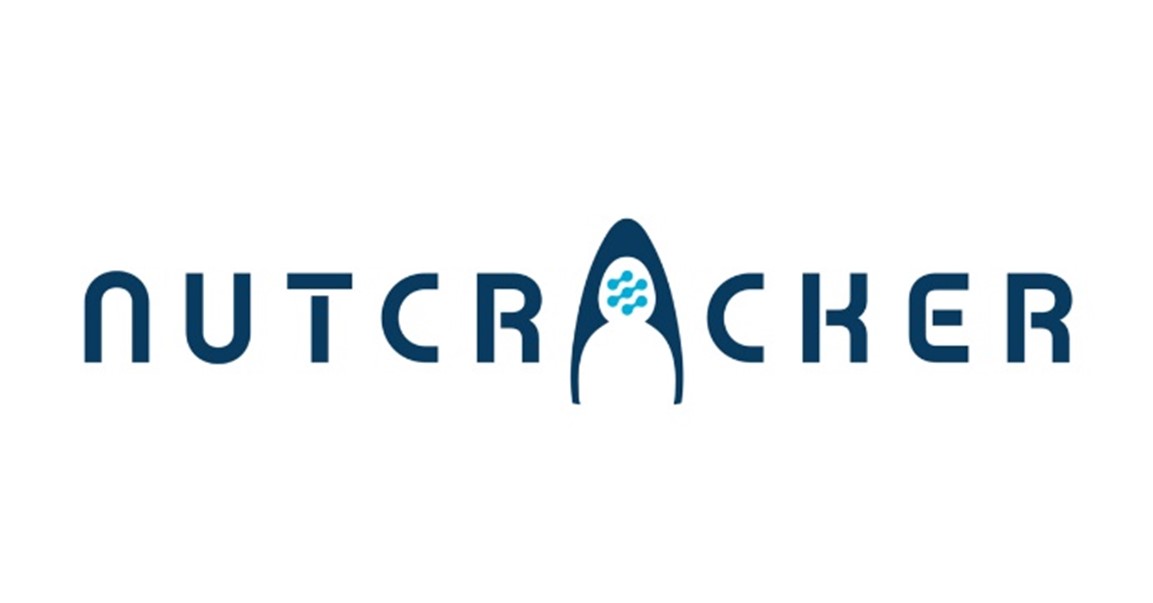
3. Qurin Diagnostics
For disorders like cancer, early diagnosis is crucial to averting more suffering. By evaluating several biochemical processes concurrently, biochips allow biotech and pharmaceutical businesses to simultaneously develop new therapies, delivery methods, and diagnostic solutions. Because of nanotechnology, point-of-care tests for diseases can now be performed with quick results.
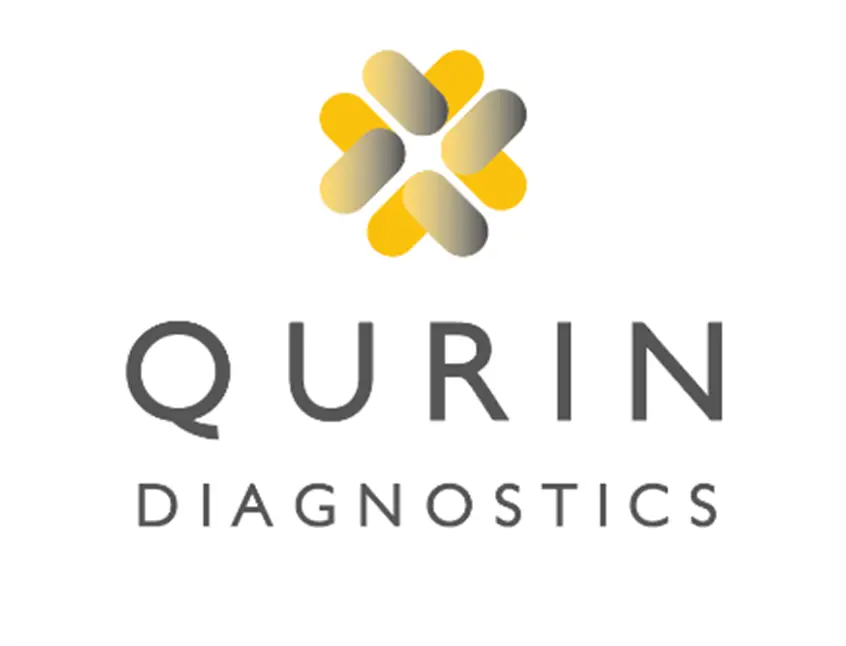
4. Encapsulate
Organ-on-a-chip (OOC) is an artificial organ that integrates biomedical engineering, a lab on a chip, and cell biology. Cells’ motions, dynamics, and physiological reactions are replicated in their multi-channel 3D microfluidic cell culturing chips. Startups are treating many ailments as they become aware of the possibilities of biochip-based analysis, particularly in decision-making.

5. Eden Microfluidics
A French business called Eden Microfluidics provides Flexdym technology to industrialize microfluidic and polymeric MEMS prototypes. Flexdym polymers can be molded using a conventional hot-embossing technique or in a fume hood with the startup’s affordable, user-friendly, and portable Sublym100 microfabrication kit. Furthermore, by employing this method, a biocompatible microfluidic chip can be created in about 30 minutes.
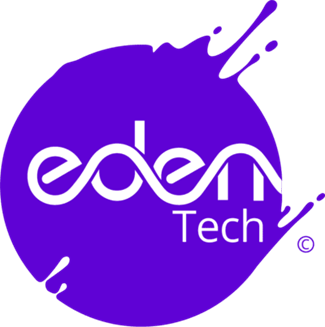
6. Abbott Laboratories
It is an American multinational medical device and health care corporation headquartered in Abbott Park, Illinois, US, that sells medical equipment, diagnostics, generic medications, nutritional goods, and supplements. The company’s subsidiary, Abbott India Limited, has been operating in India for more than a century and is today the world’s largest manufacturer of medical supplies.

7. Agilent Technologies
Its primary business is supplying laboratories worldwide with the tools, services, supplies, software, and know-how they need to analyze their data. Agilent is a market leader in applied chemistry, life sciences, and diagnostics.
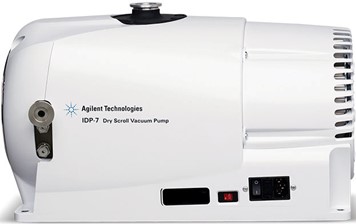
8. PerkinElmer
PerkinElmer is a leader in the field of end-to-end solutions because scientists, researchers, and clinicians utilize its equipment and services to diagnose illnesses, create new medications, ensure the safety and quality of food, and drive excellence in environmental and applied studies.

9. Bio-Rad Laboratories, Inc
Bio-Rad employs various technologies as a maker of diagnostic goods and systems for blood transfusion, diabetes monitoring, autoimmune illnesses, infectious diseases testing, and autoimmune diseases. These products identify, track, and treat illnesses and other medical disorders.
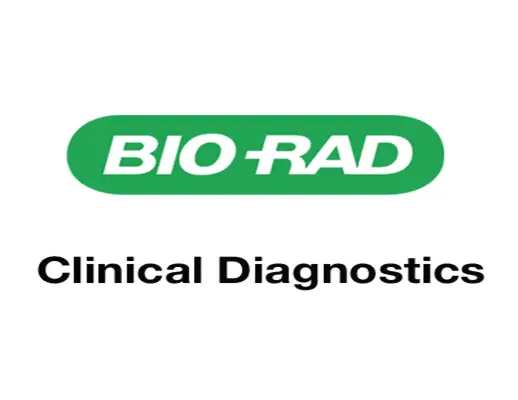
10. Fluidigm Corp
The business, established in 1996, uses integrated fluidic circuit technology to design, produce, and market biological research equipment. The company’s founders created integrated circuits that conveyed fluids rather than electrons, thanks to their experience in the semiconductor industry.





